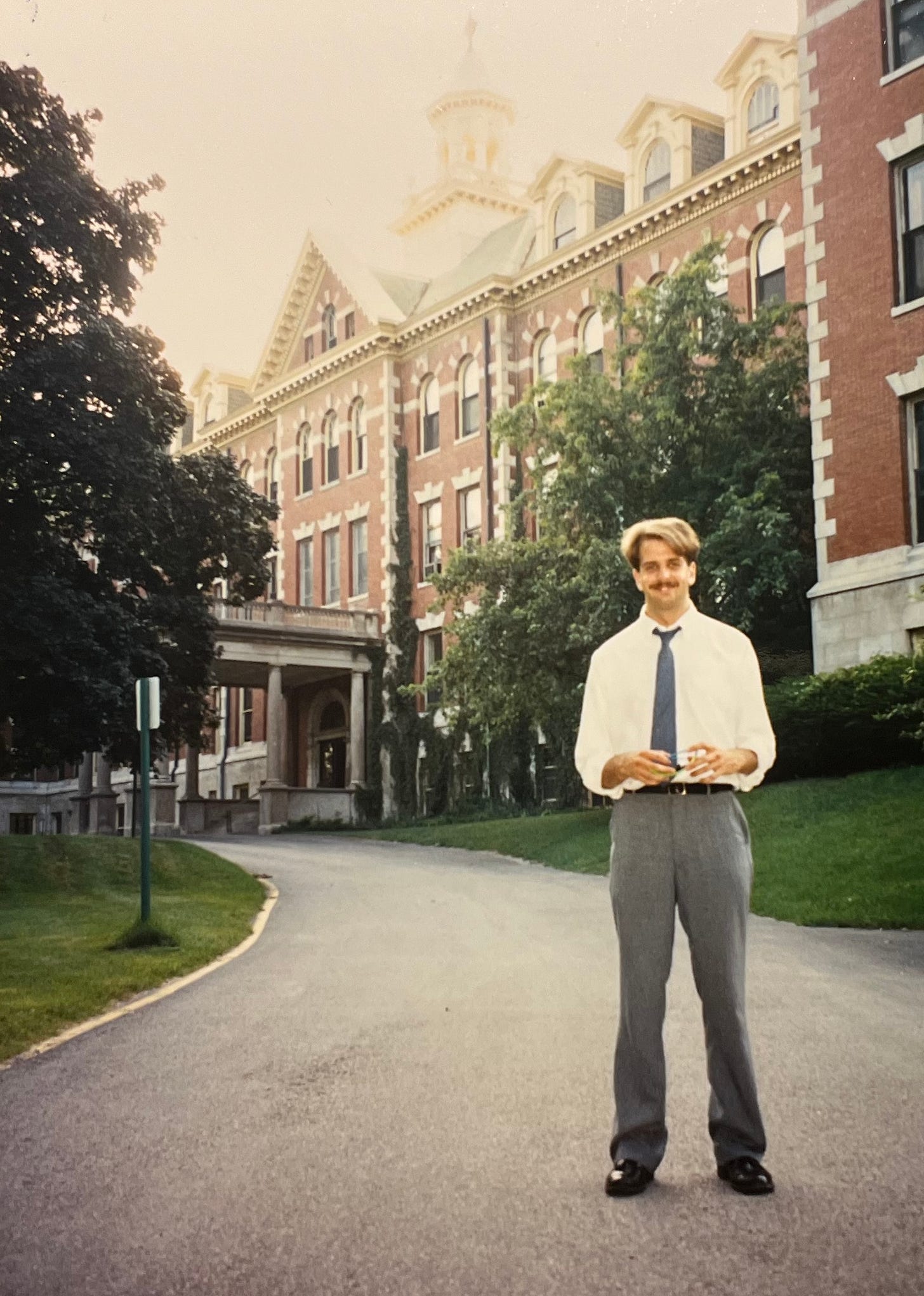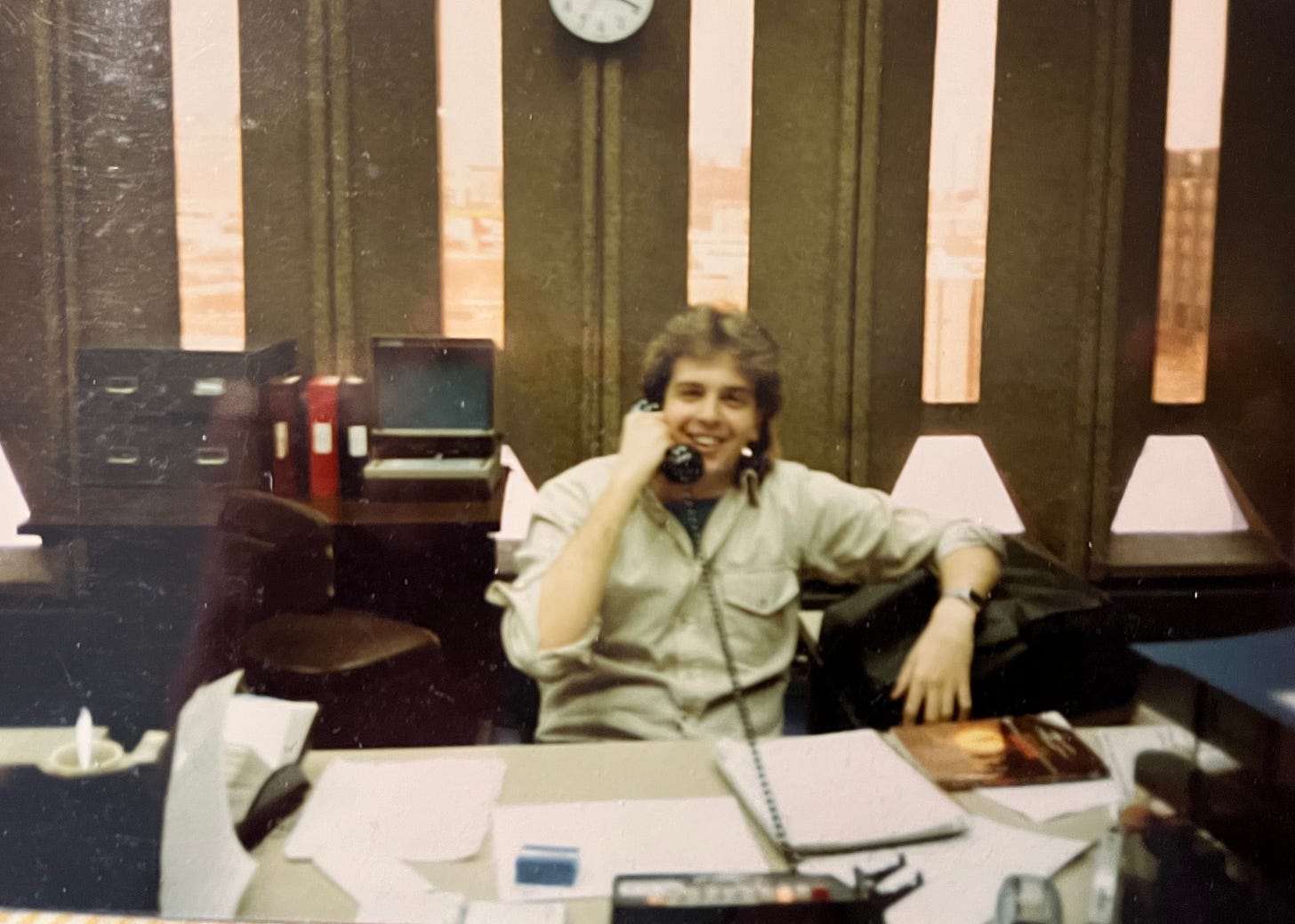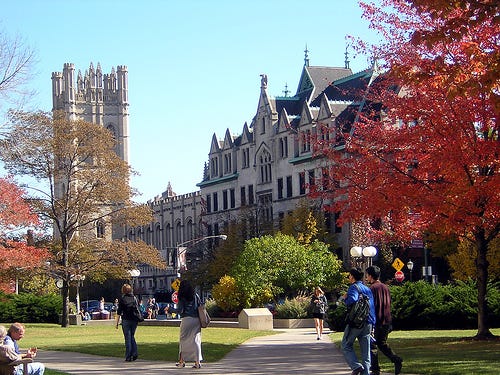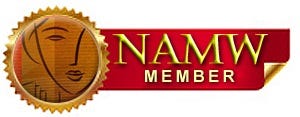Reflections on a Teaching Career #1
Before I knew I really wanted to teach...
Introduction:
In March of this year, I plan to retire from teaching after 28 years. Everyone has been asking me what it feels like and if I will miss it. The short answer to the latter is no. I’ve had a great run but since the COVID-19 pandemic I’ve been slowly pulling away from a career I believed was my destiny once I finally got it going. It truly has been the most satisfying and fulfilling job I’ve ever had, and it fit so many aspects of my personality and interests. I’ve made many good friends through it, learned a lot from my students, and developed my skills and talents in ways I never dreamed possible. So, I’ve decided to share my reflections on teaching in the next several weeks to give you my own perspective on what this profession has been like for me, including how I got started doing it, what my relationships were like with students and colleagues, the benefits and frustrations of working in higher education, the evolution of students, my own highs and lows, teaching online, and finally deciding to retire.
Part 1: Before I knew I really wanted to teach…
I’ve always liked being the center of attention. If you’ve followed my Top Ten memoir, which I published on Substack in 2024, you’ll know that as a child I regularly danced in front of my mother’s home movie camera and loved to “direct” and narrate plays on my tape recorder with my brother Jeff and friends in Chicago.
My earliest memory of trying to teach was setting up chairs in our basement and conducting a “class” with my friends Annie, Lois, and Irene. I’d pull out my schoolbooks and give them “assignments” to complete. I actually instructed them to do math problems in my presence, after school, in my home! It’s amazing that at least two of those three still maintain contact with me!
As the years went on and I became an introverted adolescent, the need for attention remained dormant for a while. Yes, I still wanted some kind of leadership role but that would only manifest itself when I created a private imaginary world in my bedroom in which I was the head of a TV studio and all of the young people that I knew would be the stars of their own series. (It was called “kid channel” and existed in my head before the Nickelodeon network was launched.)
By college my interests turned to Psychology and Mass Media. I ended up majoring in the former and minoring in the latter. I wanted to either work one on one with disturbed adolescents like me or break into the entertainment business somehow, someway. I had no idea how to do that so Psychology it was. As an undergrad I became involved in a host of student activities and even worked as an Orientation Leader for two summers. (That was by far the second best job I ever had!)
My first position after graduating was working with chronically mentally ill adults and helping them obtain and stay on a job. It was rough work that was more focused on keeping those “numbers” employed than on any true form of psychological counseling with the clients. There was a woman in my office though who got to teach job skills to some of the adults not quite ready for the work force. I got the chance, at least once, to teach those sessions when she was off. I remember the great satisfaction I felt when I decided to teach the participants a lesson stemming from a book I had read called something like Working with Difficult People. The book discussed different personality types and how to deal with them on the job. Afterwards, one of the adults in the class told me she really liked how I taught that topic. Hmm… Maybe I still had a teaching instinct underneath everything else I had been learning and doing.
After a year and a half on that job, I moved into the corporate world trying to place out of work adults into temporary jobs. Again, I felt the interest on the part of the company was more in gaining numbers of working clients than on “counseling” them for new employment. I grew to really dislike the position, but assumed that this was what it was like to be an adult in the working world. As Bruce Hornsby sang in his then big hit, “That’s just the way it is…” That is, until my boss Anne wanted me to pass out fliers for our “services” to unsuspecting parents picking up their kids at one of the local elementary schools. The main office of the school told us not to do it. Anne said, “Dan, sometimes you just have to put on a mask and do things you’re not comfortable with.” This really bothered me. I wanted to be in that school office more than I wanted to be doing something masked and unethical outside of it. Needless to say, I was fired about two months later.
Lost and uncertain as to my career direction, my friends Pat and Sue took me out to lunch and encouraged me to go to graduate school and study mass media since I had already amassed dozens of books on music, film, and television. Since I had to support myself somehow first, I decided to try out working as a substitute teacher at a couple of high school districts in the Chicago suburbs. They didn’t require teaching certificates and basically just wanted us to take attendance and give the students some busy work while their regular teacher was gone for that day.
So, I “taught” Math classes and other subjects that I knew nothing about. This lasted for a few months until I decided I was tired of getting those calls at 6:30 AM which would change the course of my day and require me to head out to the suburbs to take attendance.
I still felt I needed to go to graduate school though. The question was what I wanted to study. I came up with two choices: higher education or film and TV. I’d had a lot of experience as an undergrad working in the Student Affairs office at the University of Illinois at Chicago and got to know several of the Deans quite well. Since I had no idea how to get into film and television I decided to take the higher education route. After two short years, I earned a Master of Education in College Student Personnel from Loyola University in Chicago. The plan wasn’t to teach but to work with students in the areas of advising, counseling, and admissions. This is essentially how I spent the first few years of my post-graduate work. I enjoyed it but still felt something was missing.

That interest in film and television wasn’t going away. I was now living with my future husband Frank in the suburbs. He and I took a couple of continuing education courses from the great Chicago film critic Roger Ebert, which was a total thrill and very inspiring. My friend Anne and I then took a course at the local community college called Ten Great Films. I was hooked. THIS was what I really wanted to do. Frank was teaching at that college and had a very successful career. My goal became to teach and write about film.
While I continued my work in higher ed in admissions, I first enrolled in another graduate program at Northern Illinois University in Communication Studies. I took a course on Music Videos (we studied a lot of Madonna and Michael Jackson in that one!) and another on Feminist Film Theory (I was the only guy in the course.) Both were stimulating but the program didn’t have enough of what I wanted, particularly in film, which had become my new passion.
I began exploring other graduate film programs, some outside of the Chicago area, such as NYU and the University of Wisconsin at Madison. It didn’t really seem realistic to leave though since Frank and I had already bought and established a home in the Chicago suburbs. My two major choices in the city were Columbia College and the University of Chicago. The former focused heavily on filmmaking, which I had no clear interest in doing at the time. The U of C though had a humanities program that allowed students to put together their own degree using courses from anywhere in the humanities.
So, I applied and got in! This was quite thrilling, and a little bit scary, since U of C was one of the great universities in the world. While I’d pretty much Aced all my courses at Loyola, this one felt a bit more intimidating. Still, I really wanted to study film history and theory and eventually begin my teaching/writing career.
I did the entire graduate program there in one year full-time. It was tough and involved a lot of writing. Even though most of the other students were younger than me I still felt a bit out of my element. However, I learned a lot about Classical Hollywood Cinema, Italian film, the history of photography, the films of Fritz Lang, and Indian Cinema. I was ready to take on the world with a bunch of new knowledge and a degree from a top-notch university! Three days after I graduated, I started teaching my first film course…
Next Up: Teaching Hitchcock, Woody Allen, and Oscar-winning films courses.







Loved the dancing video! And you did channel that joy into your teaching. I was there for the transition into that profession and it was great to see you find such satisfaction in it. That experience stimulated your creativity leading to your four wonderful films.
As a fellow teacher (I've taught high school art since 1995 and began my career in London), who also runs an after school film appreciation club, I’m excited to read this series!